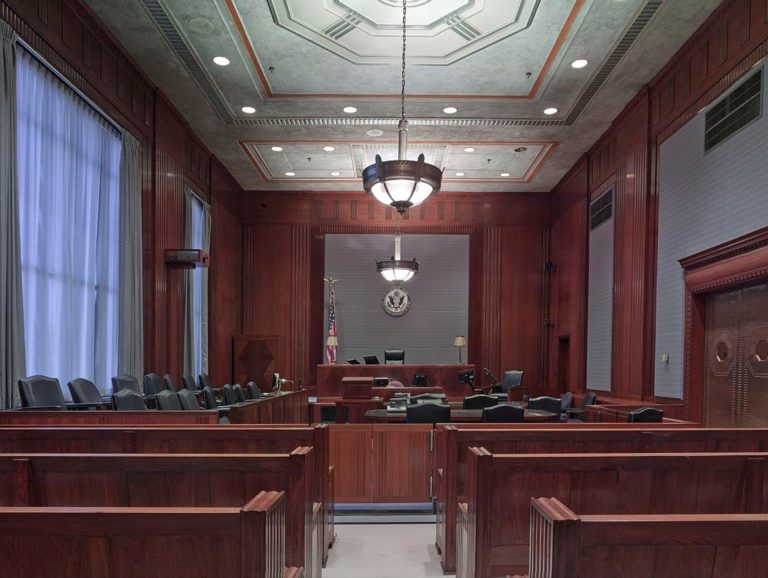
It is an unfortunate reality of life that divorces are common. Sometimes, certain life changes can lead couples to a point where they no longer believe their marriage is repairable. In these circumstances, there are times where the spouses cannot reach agreements regarding their marital issues. This can include matters of child support, child custody, visitation, the division of assets, spousal support, and more. When this happens, couples make take part in a contested divorce. In these situations, it is important to retain the services of an experienced New Jersey divorce attorney for assistance.
What is Equitable Distribution?
When spouses cannot agree on the division of their assets, the court is given the right to do so for them. It is because of this that it is important for spouses to understand the concept of equitable distribution. While many believe this is a 50/50 split of marital assets, that is rarely the case. Instead, equitable distribution is the fair and just division of the couple’s assets between them. As there are many cases in which one spouse believes they are entitled to more than the other, these decisions are made by the court and not the spouses themselves.
How are Child Custody and Support Determined?
Any matter involving children in a divorce case is sensitive. This includes child custody and child support. When parents cannot agree to these matters, the court steps in to determine the custody of the child. It is important to know that these decisions are made in the best interest of the child, not the parent. This ensures the child is brought up in the best environment possible for them. In order to make these decisions, the court considers numerous factors regarding the child and the parents as well as their relationships with one another. Usually, the court wants both parents to be involved in the child’s life as long as neither one is a threat to their safety or happiness.
When it comes to child support, the state of New Jersey requires both parents to financially support their child until they are considered emancipated. This is even true if one parent does not have custody of their child. The amount that is owed in support is calculated by the New Jersey Child Support Guidelines. This is a formula that factors in a variety of things relating to both the parents’ and children’s lives. It determines an amount based on what the child needs and what the parents are able to provide.
How is Spousal Support Determined?
When a divorce is complicated and spouses are not on the same page, they often do not want to support one another after the divorce is final. However, spousal support can be ordered by the court. This may be the case if one spouse is dependent upon the other for financial stability. When this happens, the independent spouse may be required to pay spousal support until the dependent spouse can support themselves.
Contact our Firm
If you require strong legal representation for matters of divorce and family law in New Jersey, contact The Law Offices of Paone, Zaleski & Murphy to schedule a consultation with one of our experienced attorneys today.

